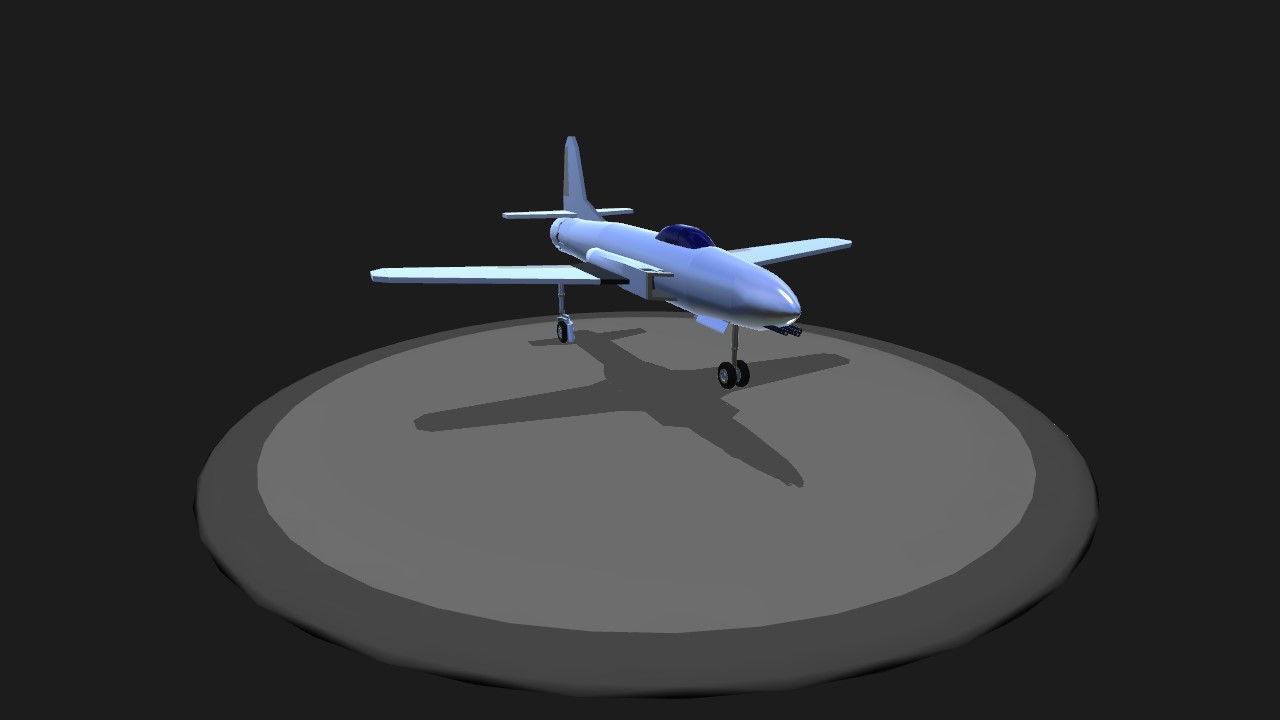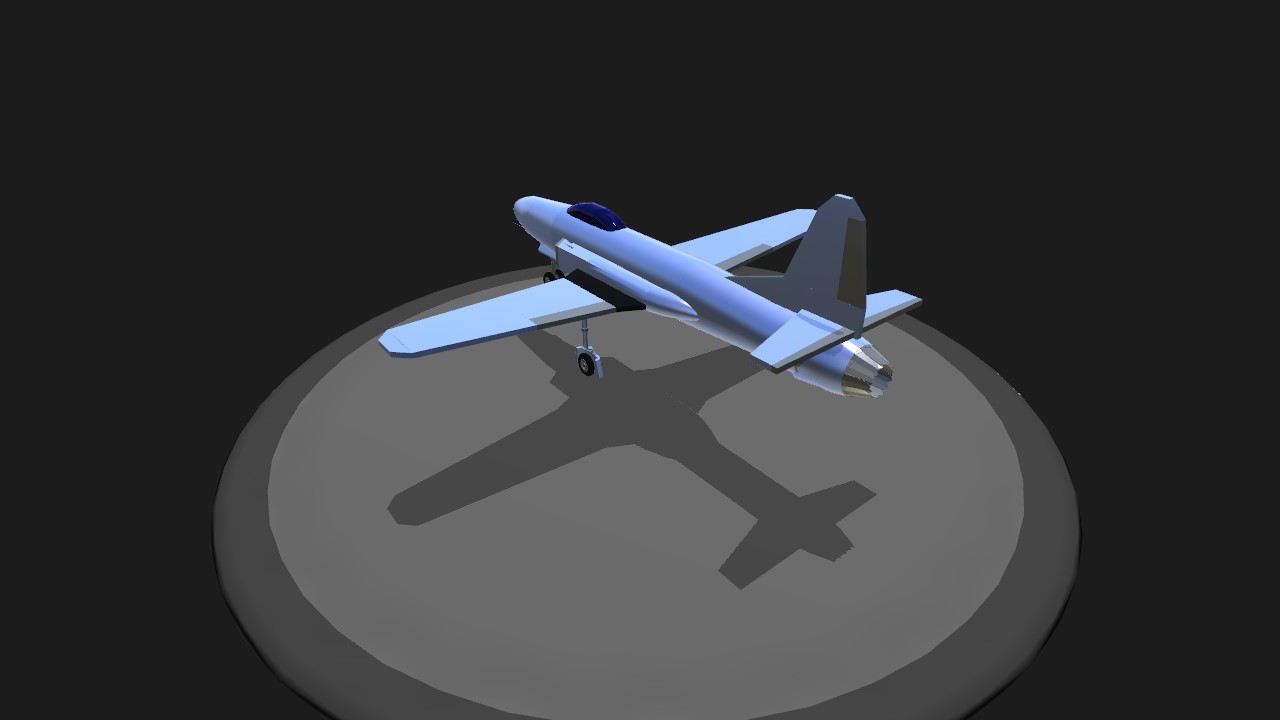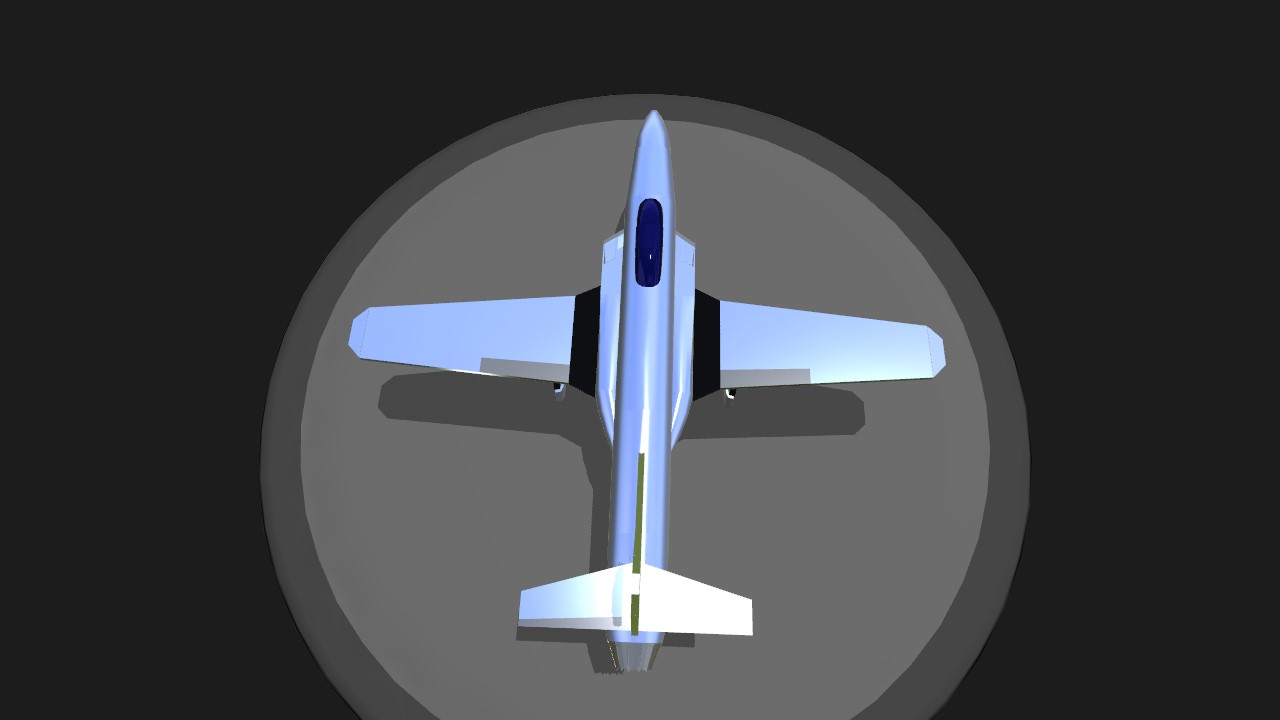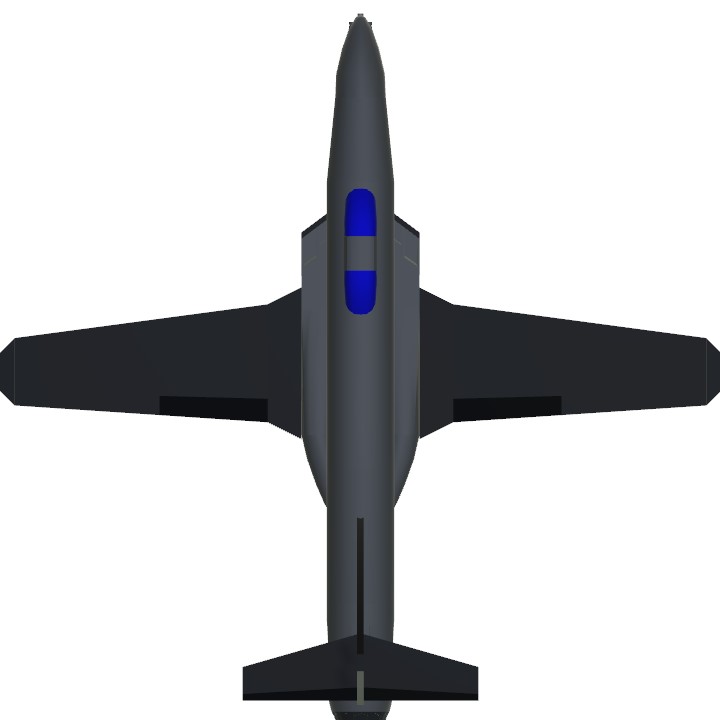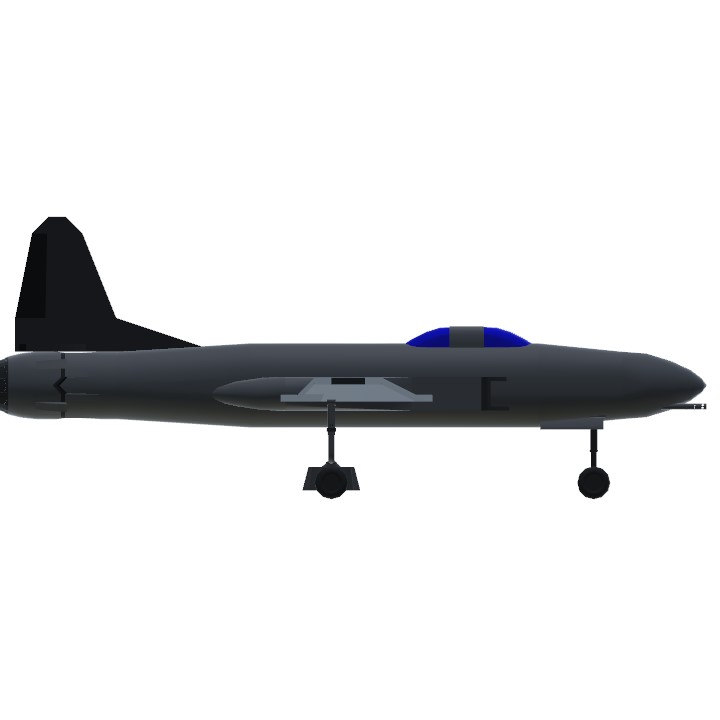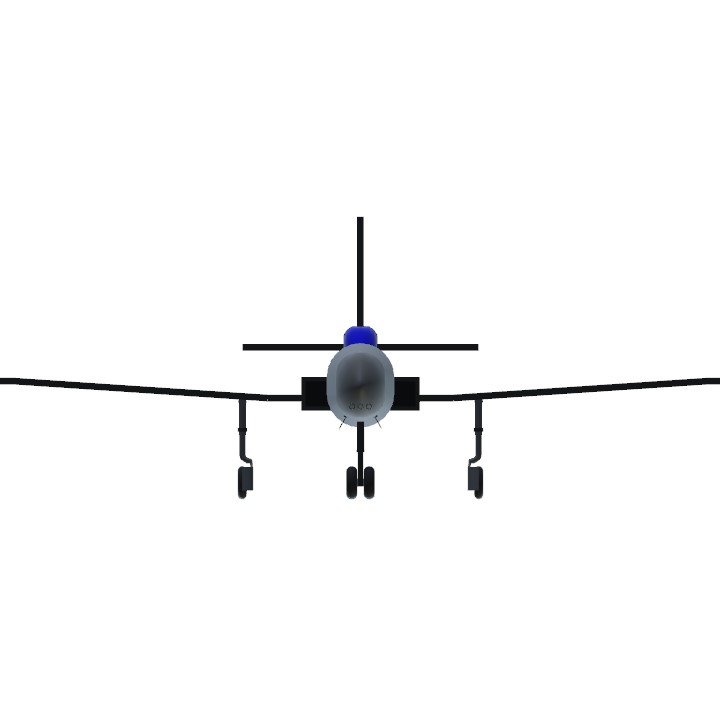The Lockheed F-94 Starfire was a first-generation jet aircraft of the United States Air Force. It was developed from the twin-seat Lockheed T-33 Shooting Star in the late 1940s as an all-weather, day/night interceptor. The aircraft reached operational service in May 1950 with Air Defense Command, replacing the propeller-driven North American F-82 Twin Mustang in the all-weather interceptor role. The F-94 was the first operational USAF fighter equipped with an afterburner and was the first jet-powered all-weather fighter to enter combat during the Korean War in January 1953. It had a relatively brief operational life, being replaced in the mid-1950s by the Northrop F-89 Scorpion and North American F-86D Sabre interceptor aircraft. The last aircraft left active-duty service in 1958; Air National Guard service in 1959. Text from Wikipedia.
Specifications
General Characteristics
- Predecessor P80 Shooting Star
- Successors 2 airplane(s)
- Created On Windows
- Wingspan 35.0ft (10.7m)
- Length 33.7ft (10.3m)
- Height 13.6ft (4.2m)
- Empty Weight 6,646lbs (3,015kg)
- Loaded Weight 18,706lbs (8,484kg)
Performance
- Power/Weight Ratio 1.802
- Wing Loading 96.3lbs/ft2 (470.0kg/m2)
- Wing Area 194.3ft2 (18.1m2)
- Drag Points 2332
Parts
- Number of Parts 36
- Control Surfaces 5
- Performance Cost 256

